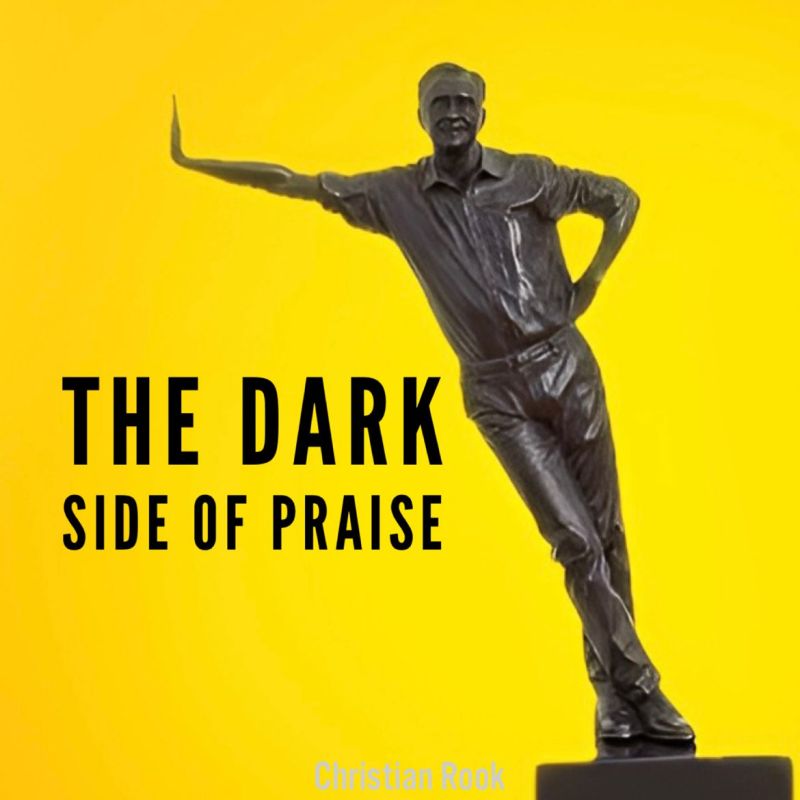作者:克里斯蒂安-鲁克 克里斯蒂安-鲁克

试想一下,在车间里,组长只会表扬那些一直工作出色的操作员,却忽视了那些努力不懈的操作员的努力和进步。这种忽视真正认可的做法会挫伤奋斗者的积极性,并使攀比和评判文化长期存在。
试想,如果一名员工的工作总是受到表扬,那么他/她最终可能会变得自满,停滞不前。如果没有建设性的反馈和鼓励去迎接新的挑战,他们的成长和潜力可能会受到阻碍,最终影响团队的整体成功。
表扬通常被视为一种积极的沟通方式,是对他人的赞赏和成就的认可。然而,必须承认,表扬也有其阴暗面和意外后果。
Let’s explore the negative effects of praise, the judgment it brings, the hierarchical undertones, and the need for alternative forms of communication to express appreciation and respect.
赞美往往伴随着 默示判断 attached to it. When we praise someone, we inevitably create a comparison, suggesting that their accomplishment is superior to others’. This creates a sense of competition and can undermine collaboration, fostering an unhealthy environment where people relentlessly seek recognition rather than focusing on growth and self-improvement.
赞美可以 强化等级结构 在组织或社交圈内。如果赞美是由有权力或权威的人给予的,就会放大现有的权力不平衡。这不仅会扼杀创造力和创新力,还会限制处于下层的个人的信心和贡献,因为他们可能会觉得自己的成就不被重视。
赞美可能会产生误导,因为它 往往只关注外部结果,而不是过程或所付出的努力. This can lead to a superficial understanding of someone’s achievements, neglecting the hard work, dedication, and personal growth that went into it. Consequently, individuals may feel misunderstood and undervalued, which can be demotivating.
赞美也会阻碍个人的成长和发展。当我们不断寻求赞美时,我们就会 依赖外部验证,而不是培养内在动力 我们的工作。这种依赖性会扼杀创造力,阻碍冒险,因为个人害怕失败,害怕失去已经习惯的赞美。
为了加强联系,促进真正的欣赏和理解,探索其他沟通方式至关重要。不要仅仅依赖表扬、 表达谢意并提供建设性反馈 会更有意义。通过对所做工作的具体肯定和对努力的强调,我们可以培养更深的赞赏和尊重感。
相关文章

